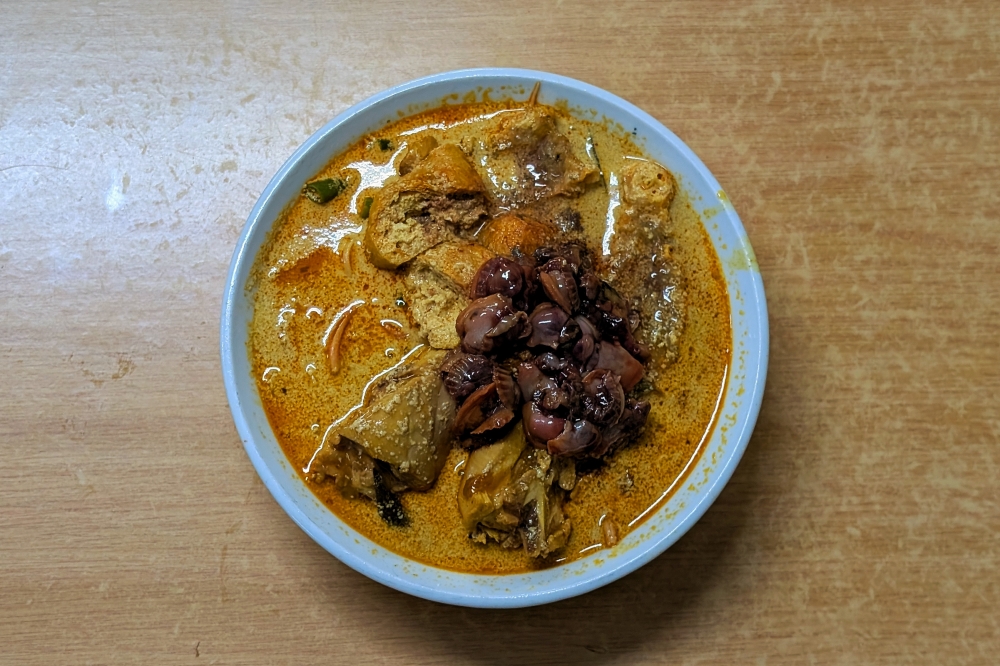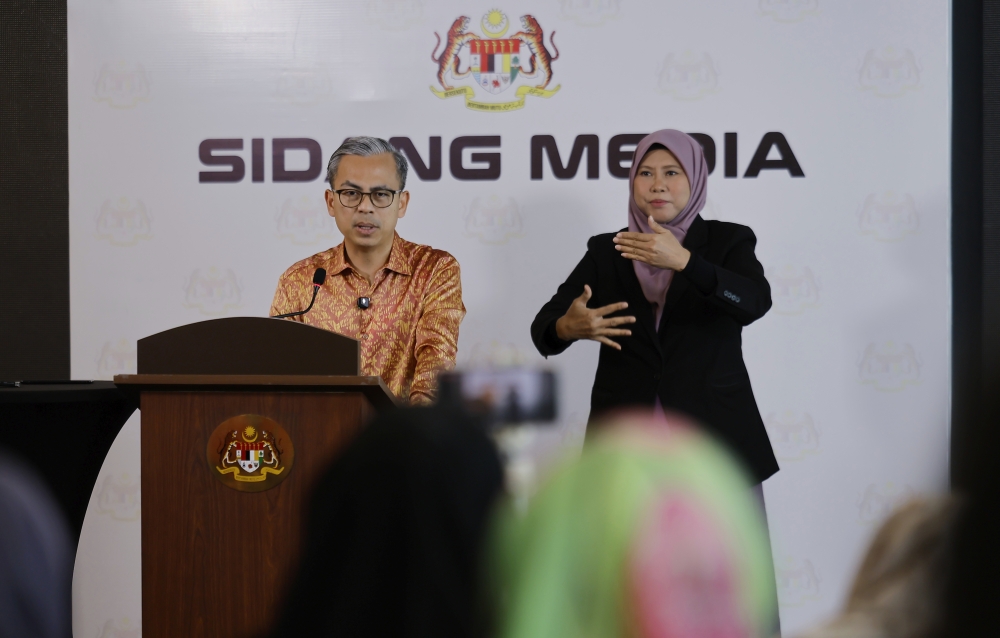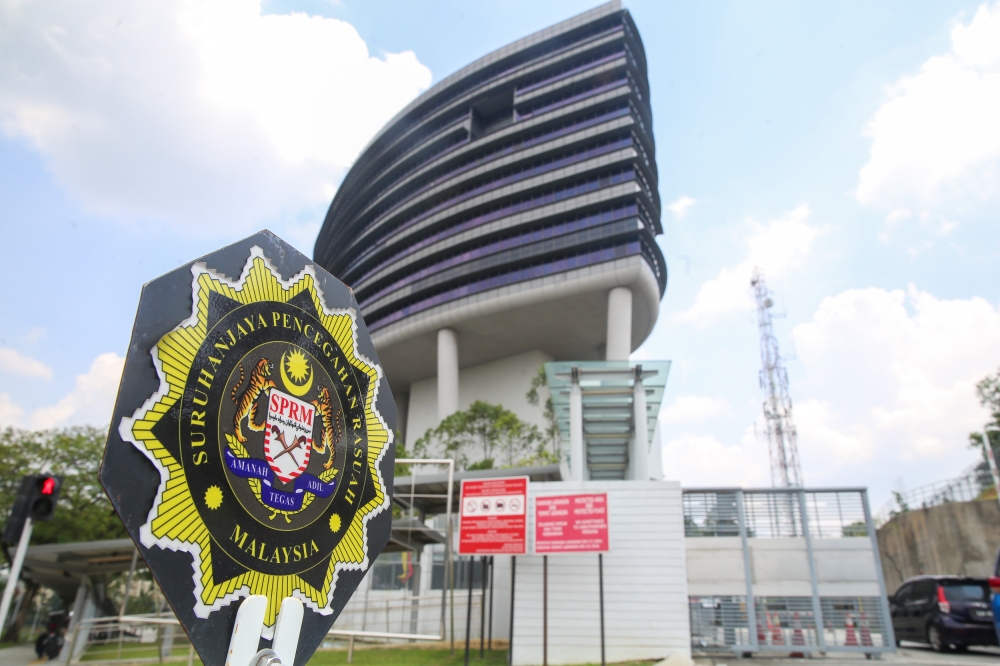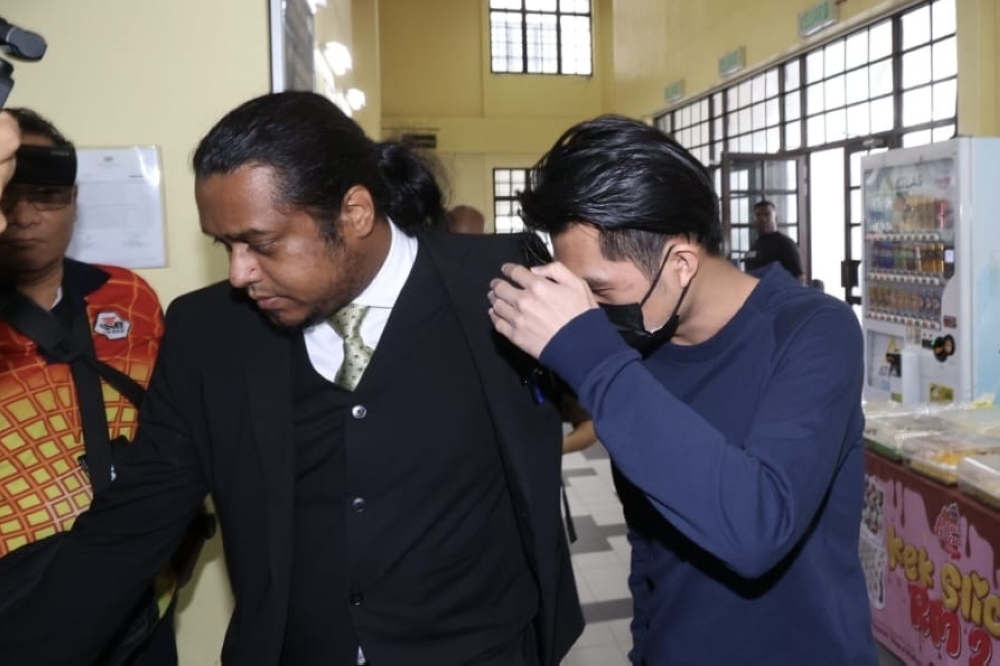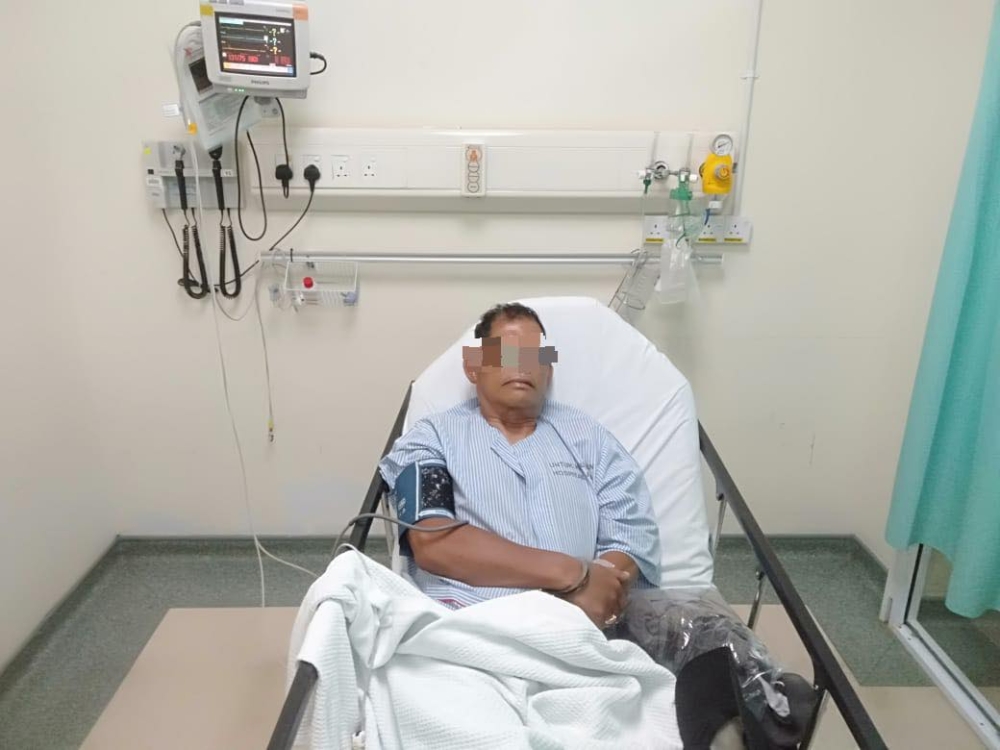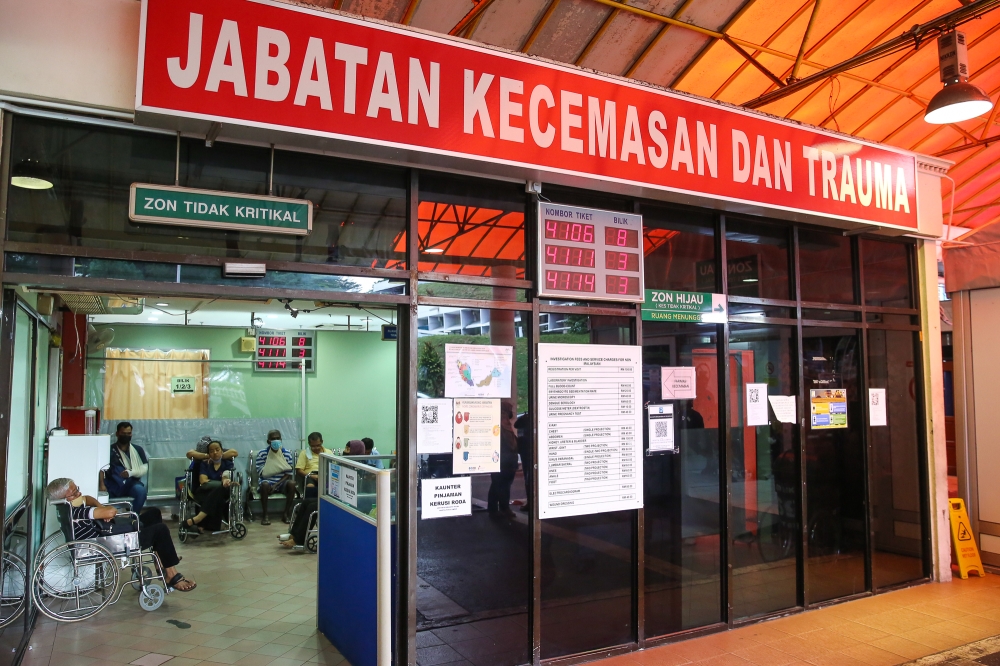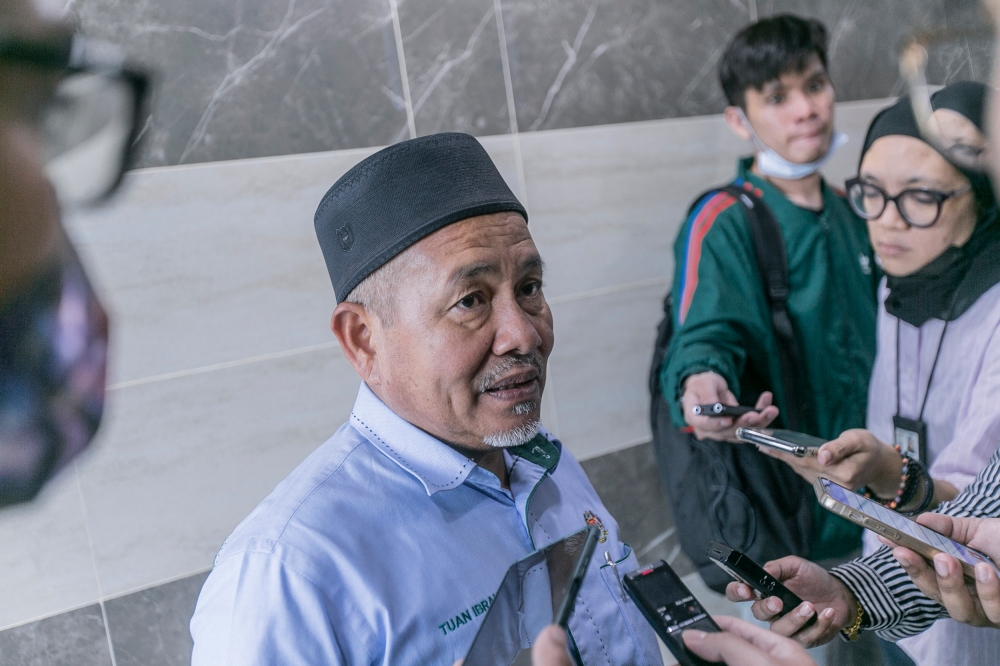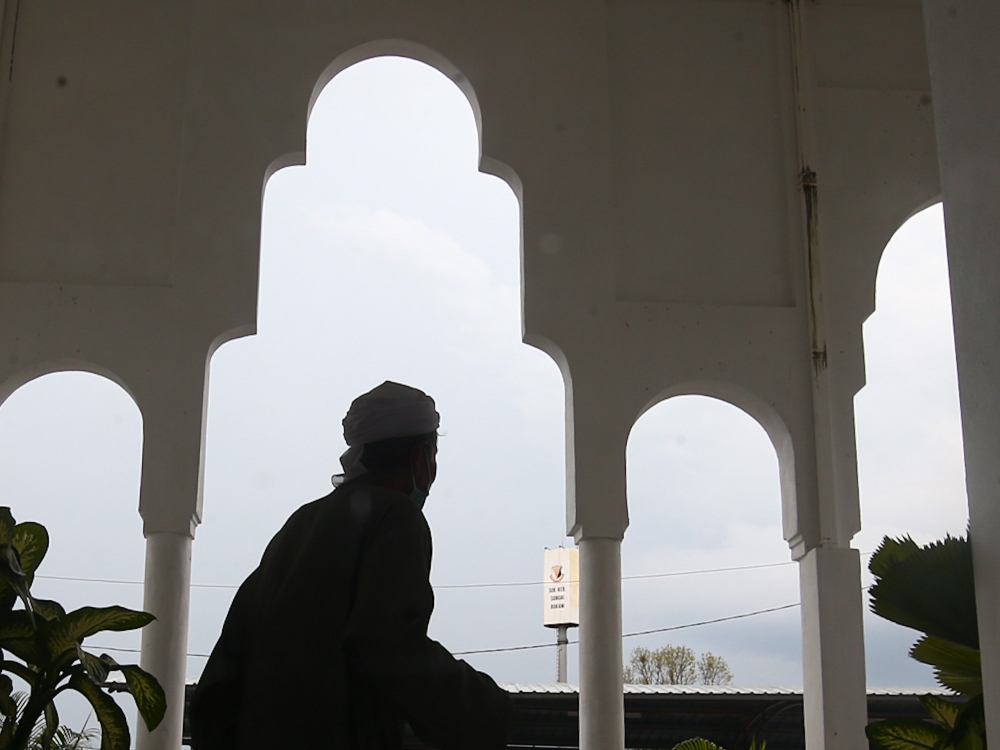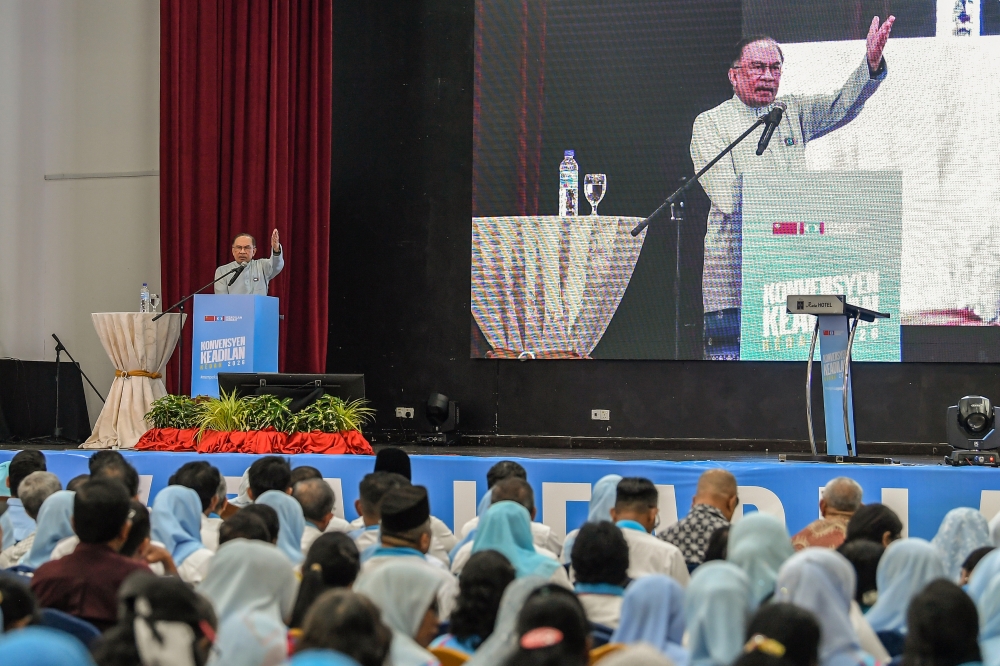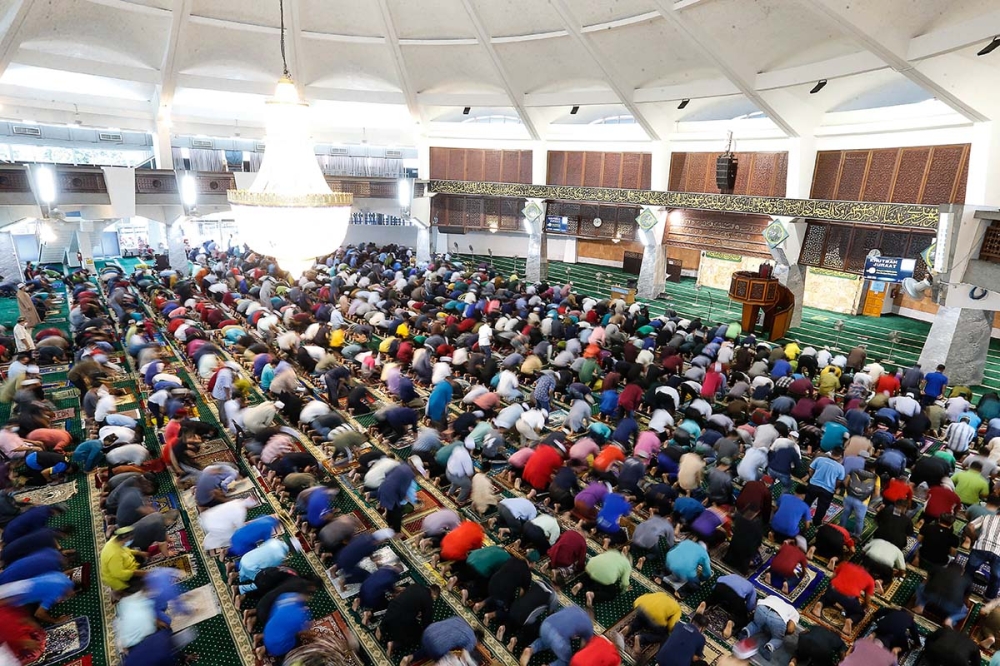KUALA LUMPUR, July 9 — While on a roadshow in Selangor last week, Prime Minister Datuk Seri Anwar Ibrahim made the bold claim that his Pakatan Harapan-Barisan Nasional alliance will be able to recapture Kedah from Perikatan Nasional (PN).
This came following his previous remark that PH and BN have a chance of retaking all three PN-administered states — Kedah, Terengganu and Kelantan — a bold ambition that has since been reinforced by Umno deputy president Datuk Seri Mohamad Hasan.
The three states, together with Negeri Sembilan, Penang and Selangor, will all hold their state elections on August 12 after deferring to finish their terms instead of holding them simultaneously during last year's 15th general election.
However, was the claim by Anwar and his allies in the federal government coalition a pipe dream... or do they actually have a chance?
What the historical data shows of PH and BN's performance in the three states
After the historic result of the 14th general election in 2018 — the then PH coalition which also included Parti Pribumi Bersatu Malaysia (now in PN) — wielded control over eight out of 12 states.
With Sarawak’s state elections held separately from the rest of the nation, PH in the 2018 elections cruised to an easy victory over its main rival Barisan Nasional (BN) in the states of Selangor and Penang, and took over Negeri Sembilan, Johor and Melaka, with the situation in Perak, Kedah and Sabah initially uncertain before coming under PH after some realignment of political camps.
But after the fall of the Dr Mahathir administration triggered by the defection of Bersatu in 2020, PH and its ally Parti Warisan lost half of their states to just controlling Selangor, Penang, Negeri Sembilan and Sabah.

Kedah holds particular significance as the government coalition aims to regain control after its loss by then PH component Bersatu during the Sheraton Move in 2020, which led to the resignation of former menteri besar Datuk Seri Mukhriz Mahathir and the appointment of Jeneri assemblyman from PAS Datuk Seri Muhammad Sanusi Md Nor as the new MB.
The recent state elections in Kedah have witnessed a diverse array of political parties representing the state government. In 2008, the Pakatan Rakyat (PR) coalition comprising of PKR, DAP and PAS emerged victorious, securing 21 out of the 36 seats and marking the first time BN had lost Kedah.
However, in 2013, BN reclaimed power by winning 21 out of 36 seats. Subsequently, in 2018, PH which included PKR, DAP and Bersatu won 18 seats, while PAS, as part of Gagasan Sejahtera, secured 15 seats, leaving Umno with only three. They formed the government with Mukhriz, which later collapsed in 2020.
Historically, Kedah and Terengganu had been considered a stronghold for BN until 2018 when PAS emerged triumphant, winning 22 out of 32 seats and forming the government.
In Terengganu, BN held power until 2013, winning 24 out of 32 seats in 2008 and 17 out of 32 seats in 2013, with PAS securing 15 seats. However, in 2018, PAS secured a significant victory, winning 22 seats compared to BN's 10.
PAS has steadily increased its seats in Terengganu over the years, indicating its continued strength heading into the upcoming elections.
Similarly, the state of Kelantan has long been under the rule of PAS, with a historical governance record from 1959 to 1977 and from 1990 to the present.
PAS is widely expected to maintain its hold on Kelantan in the upcoming state election, as seen during the political upheaval and change of federal government in 2018 when the Islamist party retained control of the state.
Is Perikatan’s Sanusi on the way out
Speaking to Malay Mail, political analyst Mohd Azizuddin Mohd Sani said PH and BN have a good chance in Terengganu and Kedah since divisions in PAS exist in both states.
“In Kedah, not all PAS members or supporters like how Sanusi behaves. His constant use of hate speech to rile people up has caused division in the party,” he said.
He pointed to how Sanusi’s supporters even organised a solidarity event for him recently as rumours were rife that Sanusi may not be the poster boy for PAS in this upcoming state election.
“Not only that, he had also described voters asking for money in return for votes as stupid and embarrassing, but it shows you need some money to campaign. Right now, I think they will struggle a bit since they won’t have as much money as they did before, hence the money politics side of it is a non-option for PN.
“Hence if the PH-BN coalition wants to win, all they have to do is pool their resources in Kedah and take the opportunity to wrest the state by targeting the youngsters. The old voters will probably stick to the ones they voted for before, but the young ones are undecided,” he said when contacted.
Azmil Tayeb of Universiti Sains Malaysia’s School of Social Sciences however felt otherwise. He said at best, only a handful of seats will be won in Kedah by PH.
“It’s hard to see PH-BN winning more than a handful of seats in Kedah. Most of the state seats in Kedah have a strong Malay majority population, the kind of seats that PN swept in GE15.
“I don’t see the trend changing anytime soon. Even in seats with a sizable minority of non-Malay voters (less than 35 per cent), PN also tends to do well like in Alor Setar and Padang Serai,” the associate professor told Malay Mail.
How PH can exploit the rift in Terengganu PAS’ factions
Meanwhile, Azizuddin said there exist two factions within PAS in Terengganu: one supporting the working class professionals who are the supporters of caretaker menteri besar Datuk Seri Ahmad Samsuri Mokhtar, who is also party vice-president.
Opposing the faction is made of the more religious voters who will back their local ustaz (Islamic teachers) or religious leaders whom he said may not be as keen on the outgoing administration’s policies and methods.
Azizuddin said matters like the integrity of Umno leaders Datuk Seri Ahmad Zahid Hamidi is seen as a non-issue in Terengganu, unlike in Kedah and Kelantan where some Malay voters may have shunned Umno due to Zahid and his many corruption charges.
He proposed that others may also disagree with him accepting DAP as a partner and working together in Anwar in the unity government.
“You see Zahid is a non-factor there since in Terengganu, there exists infighting as well. The split among religious followers and professionals who, like Samsuri, these issues occupy the voters there. At one point, Samsuri was almost pressured to resign so they have their internal issues to deal with.
“Also Terengganu is known as a swing state and people either fully support or don’t fully support the state government. So if Terengganu BN can offer the people something good, pool resources and again look to the youth vote they can dominate PN at these upcoming elections,” said Azizuddin.
Will Terengganu follow Kelantan’s fate?
As for Azmil, he felt Terengganu would likely follow in the wake of Kelantan with a sweeping win for PN. He said if PH were to stand any chance, it would have to start by asking for deputy prime minister Zahid’s resignation.
“Terengganu is also similar and will likely follow Kelantan in the results since Malays constitute more than 90 per cent of all the seats in the state. Southern Terengganu, which was the stronghold of Umno, will most likely remain with PN as more Umno supporters shift their votes to PN,” said Azmil.
“First, there has to be a serious reform within Umno, starting with Zahid Hamidi’s resignation from the party presidency. It’ll make Umno attractive again for its former supporters who voted for PN. PH only needs to maximise’ turnout among its supporters since many are quite disillusioned with PH’s decision to work with Umno,” he added.
Both analysts agreed that it is not likely or that easy to assume that a PH voter will vote for a BN candidate and vice versa.
In comparison, it is a certainty that a PN voter will automatically vote for candidates from the coalition — adding that this will all depend on how campaigning goes.
Azmil conceded that it would be difficult for the PH-BN alliance to wrest Kelantan from the PAS government, especially due to the majority Malay-Muslim voters there.
“The key would be to galvanise their out-of-state supporters to go back and vote for it to stand a chance to be competitive, since state elections typically have lower turnout than a general election. I see that to continue,” he said.




